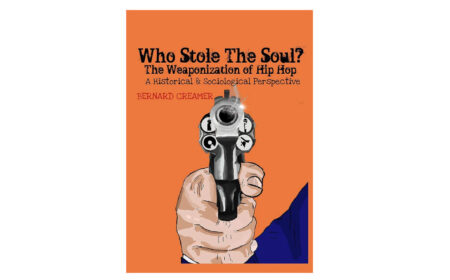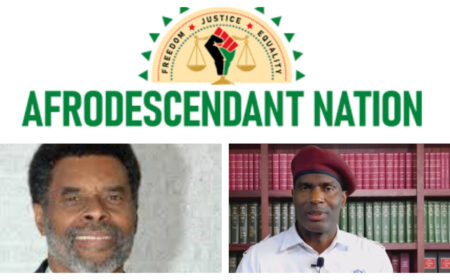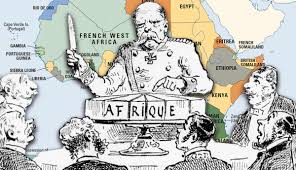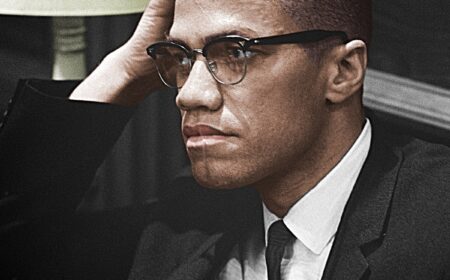WE MUST NEVER FORGET!!!
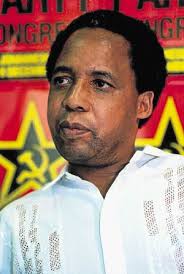
WE MUST NEVER FORGET!!!
CHRIS HANI 1942 – APRIL 10, 1993
South African Political Activist and Freedom Fighter who was considered a threat to both the extreme-right wing in South Africa and the new, moderate leadership of the African National Congress,assassinated in April 1993
Martin Thembisile (Chris) Hani was born on 28 June 1942 in a small rural town, Comfimvaba, Transkei, South Africa.
THIS BRIEF AUTOBIOGRAPHICAL ACCOUNT WAS WRITTEN BY CHRIS HANI IN FEBRUARY 1991:
“I was born in a small rural town in the Transkei called Cofimvaba. This town is almost 200 kilometres from East London. I am the fifth child in a family of six. Only three of us are still surviving, the other three died in their infancy. My mother is completely illiterate and my father semi-literate. My father was a migrant worker in the mines in the Transvaal, but he subsequently became an unskilled worker in the building industry.
Life was quite harsh for us and we went through some hard times as our mother had to supplement the family budget through subsistence farming; had to bring us up with very little assistance from my father who was always away working for the white capitalists.
I had to walk twenty kilometres to school every five days and then walk the same distance to church every Sunday. At the age of eight I was already an altar boy in the Catholic church and was quite devout.
After finishing my primary school education I had a burning desire to become a priest but this was vetoed by my father.
In 1954, while I was doing my secondary education, the apartheid regime introduced Bantu Education which was designed to indoctrinate Black pupils to accept and recognise the supremacy of the white man over the blacks in all spheres. This angered and outraged us and paved the way for my involvement in the struggle.
The arraignment for Treason of the ANC leaders in 1956 convinced me to join the ANC and participate in the struggle for freedom. In 1957 I made up my mind and joined the ANC Youth League. I was fifteen then, and since politics was proscribed at African schools our activities were clandestine. In 1959 I went over to university at Fort Hare where I became openly involved in the struggle, as Fort Hare was a liberal campus. It was here that I got exposed to Marxist ideas and the scope and nature of the racist capitalist system. My conversion to Marxism also deepened my non-racial perspective.
My early Catholicism led to my fascination with Latin studies and English literature. These studies in these two course were gobbled up by me and I became an ardent lover of English, Latin and Greek literature, both modern and classical. My studies of literature further strengthened my hatred of all forms of oppression, persecution and obscurantism. The action of tyrants as portrayed in various literary works also made me hate tyranny and institutionalized oppression.
In 1961 I joined the underground South African Communist Party as I realized that national liberation, though essential, would not bring about total economic liberation. My decision to join the Party was influenced by such greats of our struggle like Govan Mbeki, JB Marks, Moses Kotane, Ray Simons, etc.
In 1962, having recognized the intransigence of the racist regime, I joined the fledgling MK. This was the beginning of my long road in the armed struggle in which there have been three abortive assassination attempts against me personally. The armed struggle, which we never regarded as exclusive, as we combined it with other forms of struggle, has brought about the present crisis of apartheid.
In 1967 I fought together with Zipra forces in Zimbabwe as political commissar. In 1974 I went back to South Africa to build the underground and I subsequently left for Lesotho where I operated underground and contributed in the building of the ANC underground inside our country.”
————————–
In 1967 he took an active role in the Rhodesian bush war, acting as a Political Commissar in the Zimbabwe People’s Revolutionary Army (ZIPRA). ZIPRA, under the command of Joshua Nkomo, operated out of Zambia. Hani was present for three battles during the ‘Wankie Campaign’ (fought in the Wankie Game Reserve against Rhodesian forces) as part of the Luthuli Detachment of combined ANC and Zimbabwe African People’s Union (ZAPU) forces.
Although the campaign provided much-needed propaganda for the struggle in Rhodesia and South Africa, in military terms it was a failure. Far too often the local population informed on guerrilla groups to the police. In early 1967 Hani narrowly escaped into Botswana, only to be arrested and detained in prison for two years for weapons possession. Hani returned to Zambia at the end of 1968 to continue his work with ZIPRA.
In 1973 Hani transferred to Lesotho. Here he organised units of the MK for guerrilla operations in South Africa. By 1982, Hani had become prominent enough in the ANC to be the focus of several assassination attempts, including at least one car bomb. He was transferred from the Lesotho capital, Maseru, to the centre of the ANC political leadership in Lusaka, Zambia. That year he was elected to the membership of the ANC National Executive Committee, and by 1983 he had been promoted to Political Commissar of the MK, working with student recruits who joined the ANC in exile after the 1976 student uprising.
When dissident ANC members, who were being held in detention camps in Angola, mutinied against their harsh treatment in 1983–4, Hani played a key role in the uprisings’ suppression – although he denied any involvement in the subsequent torture and murders. Hani continued to rise through the ANC ranks and in 1987 he became the Chief of Staff of the MK. During the same period he rose to senior membership of the SACP.
After the unbanning of ANC and SACP on 2 February 1990 Hani returned to South Africa and became a charismatic and popular speaker in townships. In 1992 Hani stepped down as Chief of Staff of Umkhonto we Sizwe to devote more time to the organisation of the SACP. Communists were prominent in the ANC and the Council of South African Trade Unions, but were under threat – the collapse of Marxism in Europe had discredited the movement world wide, and the policy of infiltrating other anti-Apartheid groups rather than making an independent stand was being questioned.
Hani campaigned for the SACP in townships around South Africa, seeking to redefine its place as a national political party. It was soon doing well – better than the ANC in fact – especially amongst the young who had no real experiences of the pre-Apartheid era and no commitment to the democratic ideals of the more moderate Mandela at all.
Hani was described as charming, passionate and charismatic, and soon attracted a cult-like following. He was the only political leader who seemed to have influence over the radical township self-defence groups that had parted from the authority of the ANC. Hani’s SACP would have proved a serious match for the ANC in the 1994 elections.
On 10 April 1993, as he returned home to Dawn Park, Boksberg (Johannesburg), Hani was assassinated by Januzs Walus, an anti-Communist Polish refugee who had close links to the white nationalist AWB. Also implicated in the assassination was Conservative Party MP Clive Derby-Lewis. Hani’s death came at a critical time for South Africa. The SACP was on the brink of becoming a significant status as an independent political party – it now found itself bereft of funds (due to collapse in Europe) and without a strong leader – and the democratic process was faltering. The assassination helped persuade the bickering negotiators of the Multi-Party Negotiating Forum to finally set a date for South Africa’s first democratic election.
Walus and Derby-Lewis were captured, sentenced and jailed within an incredibly short period (only six months) of the assassination. Both were sentenced to death. In a peculiar twist, the new government (and constitution) they had actively fought against, caused in their sentences being commuted to life imprisonment – the death penalty having been ruled ‘unconstitutional’. In 1997 Walus and Derby-Lewis applied for amnesty through the Truth and Reconciliation Commission (TRC) hearings. Despite claims that they were working for the Conservative Party, and therefore the assassination had been a political act, the TRC effectively ruled that Hani had been assassinated by right-wing extremists who were apparently acting independently. Walus and Derby-Lewis are currently serving their sentence in a maximum security prison near Pretoria.
